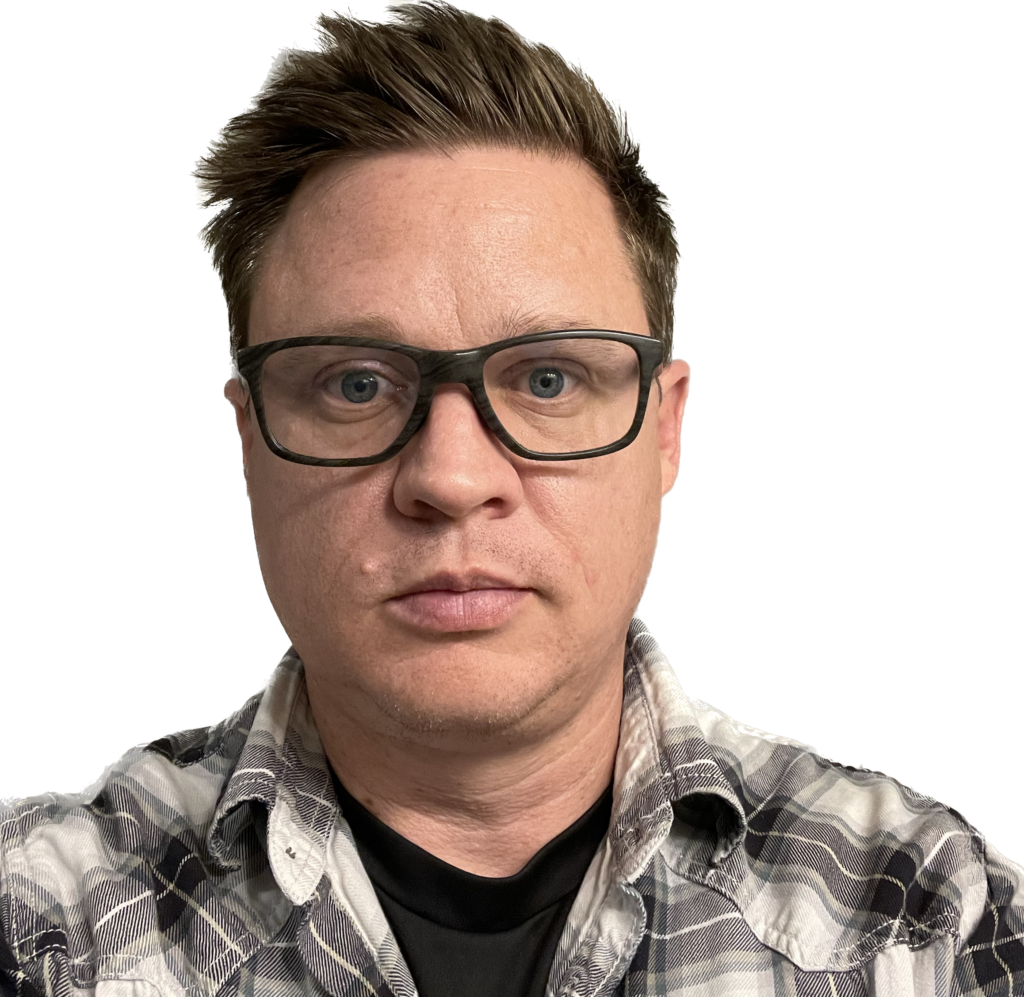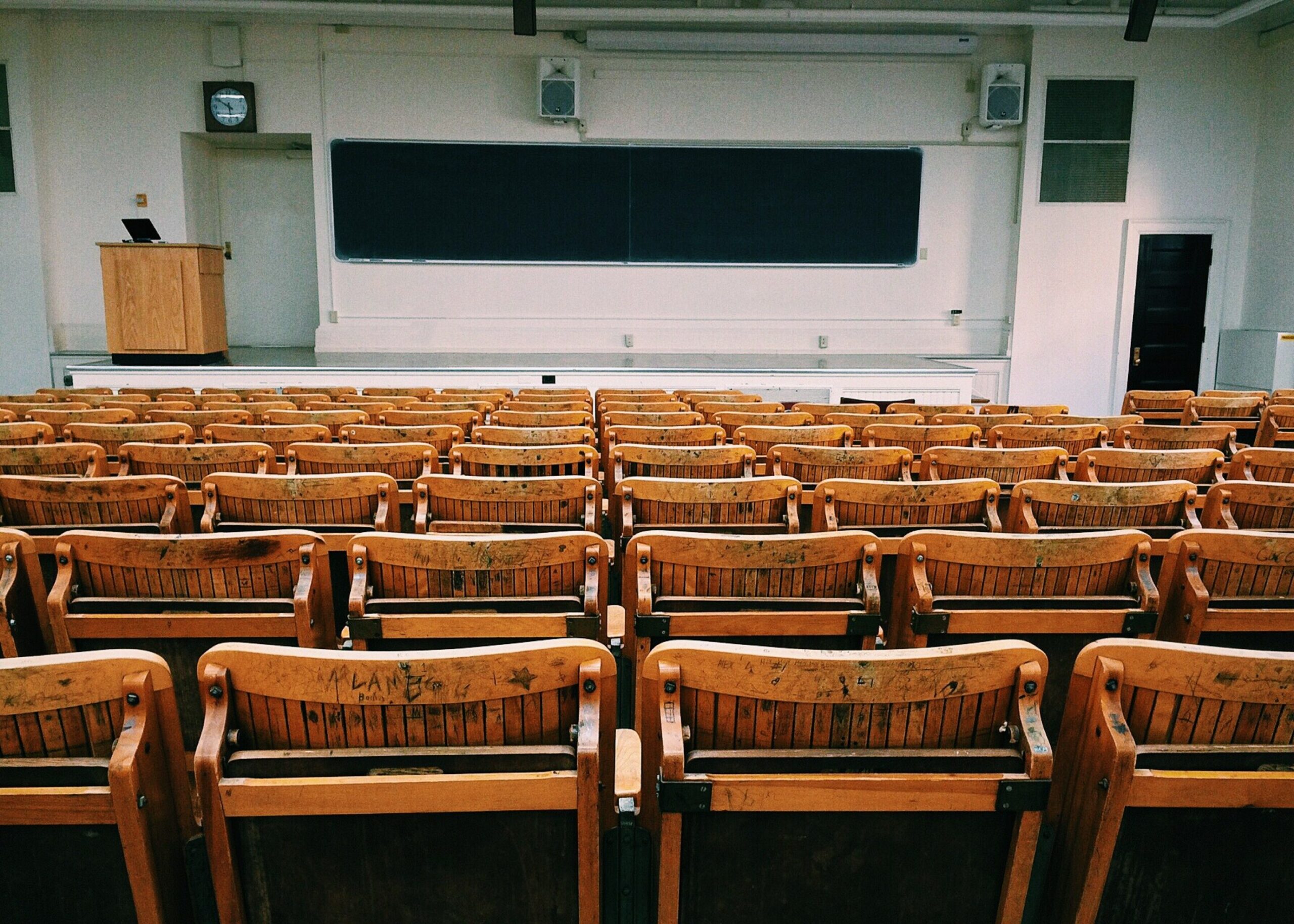This post is part of a series focused on highlighting outstanding defense videos from the graduating class of fall 2022. Each post features a brief interview with the student about their experience in the MA program and includes their research defense video.
The second defense video shared in this series is from Jason Inskeep. The experience of living through the COVID-19 pandemic led him to investigate another pandemic, the 19th century cholera outbreak in England, and how it affected deathways, culture and traditions. In addition to his coursework, he helped out as a teacher’s assistant in the School of International Letters and Cultures (SILC) and as an intern on the Journal of The Plague Year: A COVID-19 archive. Jason currently works in semiconductor manufacturing but hopes to eventually land a dream job in something more humanities adjacent.

Q: What was your favorite part of the history program?
JI: My favorite part of the history program has two elements. The first is the relationships I have formed with people in the program, both students and professors. I met amazing, intelligent and endlessly helpful people at ASU. Interning for the Journal of The Plague Year allowed me to meet local ASU personnel in person and attend local history events that made me feel that I met my tribe, historians. I look back and think of how difficult it was to get through classes, COVID-19 and family life under quarantine, but the friends I made in this program made it enjoyable.
The second is the class length. The ASU MA in history classes are not easy. They take hard work, dedicated time and focus to complete the assignments. I found that if I made a little time each day, an hour or two, I produced my best quality work, rather than waiting until the last minute. As the classes are only seven and a half weeks, the program allows you to focus on one course at a time and push yourself for the highest quality results. Focusing on learning and quality benefits you in your future career and the program, especially for the Capstone class. If you work full time as I did, take only one at a time so that you will grow in the program, not just finish.
Q: What did you learn from the process of creating and recording a research defense?
JI: I have always considered myself the opposite of creative. So I thought the defense would be an impossible task. However, I was pleasantly surprised that it was not the Everest climb I thought it would be. It is essential to follow the assignment and hit all the rubric points, but there is a lot of leeway for creativity. In the process, I had an epiphany that was likely already obvious to other students. Assignments taken throughout the program prepared me for producing a defense. Several classes have you make shorter presentations and improve your presentation skill and eye for substance quality. Additionally, you become familiar with software like PowerPoint or Voice Thread in the program, so students have the skills they need at their disposal. This program prepares you to complete your defense, you just have to put in time at the end to finish strong.
No one will want to watch a defense with no order or fluidity. I learned to practice and record repeatedly, as needed, and cut information I wanted to include but did not have time. I discovered that to create a strong defense, you need an introduction about your research and methodology, signpost the video contents so people know where you are going and use your strongest material and methodology from the research to demonstrate your argument and how you proved it. You do not need to include the history of your subject, other than a quick background. If you go through your research argument, historiography, methodology and conclusion logically, you have met most of the rubric already.
Q: What advice would you give to someone currently in the program?
JI: My advice is to make friends in the program. Going through a master’s program is a life change, whether you agree or not. People in the program understand what you are going through. They can read your essays and give more accurate feedback than other friends and family outside the discipline. Your fellow students can hype you up or be honest and tell you what you did wrong. I am an introvert and my closest ASU friend, Shanna, is also an introvert, but it is not that hard to make friends over email, chat, or messaging apps. You will be pleasantly surprised how a friend in the program can increase your performance, but also your sanity. My class went through COVID-19 and the associated school, life and work drama. I could not have done this without friends in the program.
Secondly, focus on quality and learning throughout the program, not simply finishing! It shows when you get to the capstone.
You can view the presentation here:

